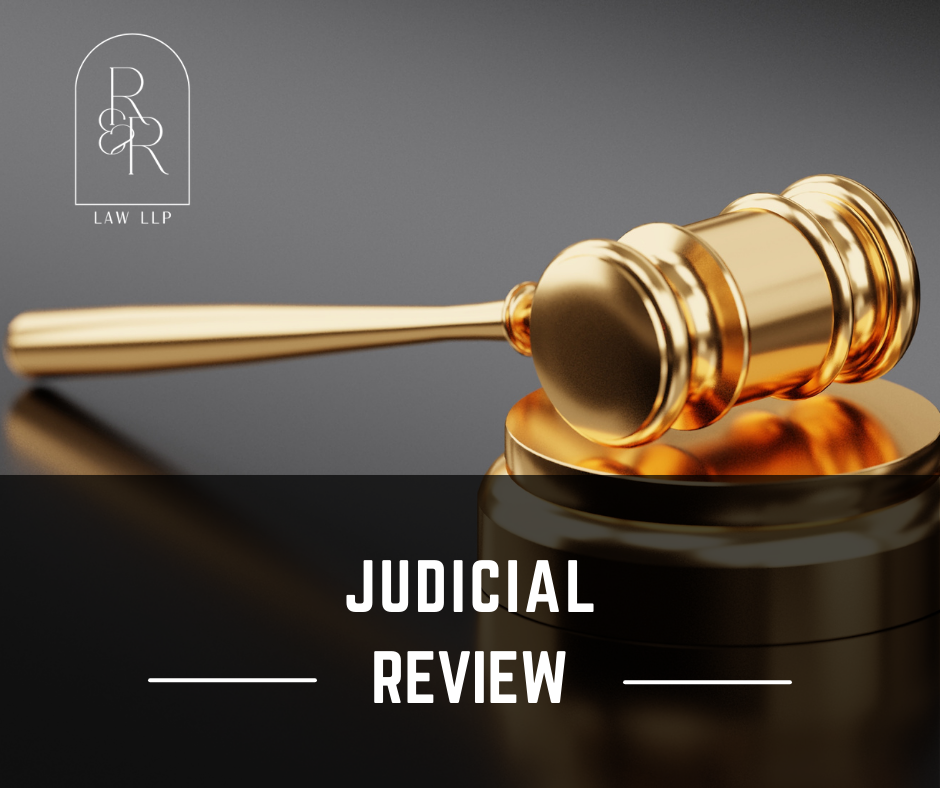Judicial Review Cases - Reasonableness in Educational Credential Assessment (ECA) Report

Kaur v. Canada (Citizenship and Immigration), 2024 FC 251
Introduction:
In a recent judgment, the Federal Court reviewed the case of Ms. Lakhwinder Kaur, an Indian citizen who applied for permanent residence under Canada's Home Support Worker Pilot (HSWP) program. The crux of the matter revolved around the assessment of her foreign education credential, specifically a Bachelor of Dental Surgery from an accredited institution in India. The court found the decision to refuse her application unreasonable and granted the judicial review. This article provides an overview of the case, examines the issues raised, and analyzes the court's reasoning.
Summary of the Case:
Ms. Lakhwinder Kaur applied for permanent residence under the HSWP program in November 2019, which requires applicants to meet certain educational criteria. The primary contention was whether her foreign education credential, a Bachelor of Dental Surgery, satisfied the program's requirement of at least one year of post-secondary Canadian education or its equivalent.
The immigration officer, in a decision dated September 7, 2022, refused the application, asserting that the Applicant's foreign education credential did not meet the one-year post-secondary Canadian education standard. The Applicant sought a judicial review, contesting the officer's failure to consider her educational credentials adequately.
Key Issues and Standard of Review:
The Applicant raised two issues for review: the officer's failure to consider her educational credentials and the alleged conflation of her identity with another individual's, though the latter was not pursued during the hearing. Both parties agreed on the reasonableness standard of review, as outlined in Canada (Minister of Citizenship and Immigration) v Vavilov.
Analysis of Decision and Reasons:
To qualify for the HSWP program, the Applicant needed to demonstrate equivalency to a Canadian one-year post-secondary educational credential. The Applicant, having completed her education in India, provided an Educational Credential Assessment (ECA) report from World Education Services (WES). The WES report indicated equivalency but did not specify it in terms of post-secondary years.
The officer's decision, as detailed in the Global Case Management Systems (GCMS) notes, relied on the WES report and concluded that the Applicant's five years of professional study in dentistry were not equivalent to a Canadian one-year post-secondary education. The court found the decision unreasonable, noting that the officer failed to provide sufficient reasons for the refusal.
The court highlighted that the WES report described the Applicant's degree as a "professional degree in dentistry" without specifying the equivalency in terms of post-secondary education years. Despite this, the officer concluded that it did not meet the requirement. The court rejected the respondent's arguments, emphasizing that the officer's reasons did not align with the respondent's submissions and that the cited precedents were distinguishable on the facts.
Conclusion:
In conclusion, the court allowed the application for judicial review, deeming the decision unreasonable. The matter was remanded for redetermination by a different officer, emphasizing the importance of justification, intelligibility, and transparency in immigration decisions. The case serves as a reminder of the scrutiny applied to immigration decisions and the need for clear and reasoned justifications.
If you find yourself facing a similar situation with a rejected application, we urge you to reach out to us for personalized assistance. Our team can evaluate your case and determine whether pursuing judicial review is a viable option for you.
